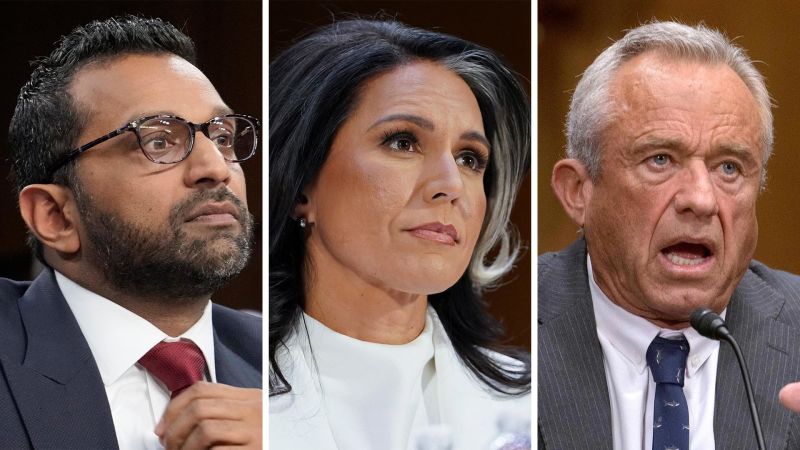Grilling Trump's Picks: A Senate Showdown of Political Tensions

In a dramatic display of congressional scrutiny, three of President Donald Trump's most contentious Cabinet nominees found themselves under intense questioning during Senate hearings on Thursday. The proceedings marked an unprecedented moment of skepticism, with Democrats and even several Republican senators challenging the nominees more directly than in previous confirmation processes.
The hearings highlighted growing tensions within the Senate, as lawmakers from both sides of the political aisle probed the qualifications and potential conflicts of interest surrounding Trump's key administrative appointments. This unusual level of bipartisan questioning signaled a potential shift in how the Senate approaches presidential nominations, suggesting a more rigorous vetting process than typically seen in recent administrations.
As the nominees faced a barrage of pointed questions, the hearings underscored the complex political landscape surrounding Trump's early leadership selections, revealing deep divisions and heightened political scrutiny in the confirmation process.

